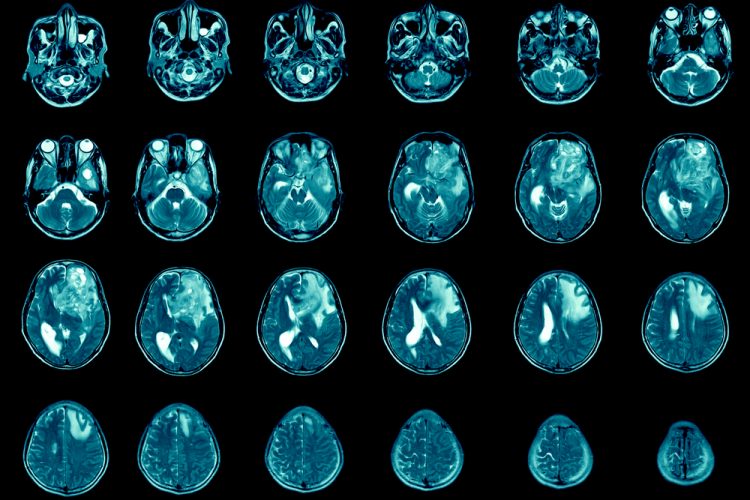ADC shrinks brain metastases in HER2+ breast cancer patients
Posted: 10 August 2022 | Hannah Balfour (European Pharmaceutical Review) | No comments yet
Phase II results show a high intracranial response rate in breast cancer patients with active brain metastases treated with trastzumab deruxtecan (T-Dxd), an antibody-drug conjugate (ADC).


A study published in Nature Medicine demonstrates that active brain metastases in breast cancer patients are partially or even completely regressed by an antibody-drug conjugate (ADC), trastzumab deruxtecan (T-Dxd).
The researchers stated that the results are considered ground-breaking in the treatment of brain metastases – and that ADCs open up “a completely new avenue in oncological research and targeted therapy”.
The prospective, open-label, single-arm, Phase II TUXEDO-1 study enrolled 14 women and one man with human epidermal growth factor receptor 2 (HER2)-positive breast cancer and newly diagnosed untreated brain metastases or brain metastases progressing after previous local therapy. The patients were being treated by the Division of Oncology of the Medical University of Vienna (MedUni Vienna) and University Hospital Vienna.
More than 5,000 new cases of breast cancer diagnosed in Austria each year. Of these, 15 percent are HER2-positive, half of which will go on to develop brain metastases.
In the study (NCT04752059, EudraCT 2020-000981-41), the Austrian research team led by Matthias Preusser and Rupert Bartsch, both from the Division of Oncology, investigated the agent T-Dxd as a possible new therapeutic approach in cases where breast cancer spreads to the brain.
T-Dxd was found to have a high intracranial response rate in patients with active brain metastases. It was able to shrink the metastases in 73.3 percent of patients. Two patients (13.3 percent) had a complete intracranial response with metastases no longer visible in brain scans, nine (60 percent) had a partial intracranial response and three (20 percent) had stable disease as the best intracranial response.
In addition to this extremely positive result, no new safety signals were observed and the researchers found that the drug was well tolerated: there was no deterioration in the participants’ brain function or quality-of-life during the treatment period.
An additional benefit noted by Preusser is that T-Dxd is already approved within the EU and other parts of the world, and “It can therefore be used immediately for the treatment of breast cancer patients with brain metastases in specialised oncology units in Austria and internationally.”
T-Dxd was approved by the European Medicines Agency (EMA) in 2021 for the treatment of unresectable or metastatic HER2-positive breast cancer. It is a chemical conjugate of an antibody against HER2 (trastuzumab) and a chemotherapy drug (deruxtecan). Until now, it was not known whether the novel conjugate could be effective in active brain metastases.
On the basis of the recent study results, further investigations are now planned into the novel class of drug: “Our findings open up entirely new avenues for clinical research and the treatment of brain metastases in breast cancer – and possibly other types of cancer as well,” stated Preusser, looking optimistically to the future of cancer treatment.
Related topics
Anti-Cancer Therapeutics, Antibodies, Biologics, Clinical Development, Clinical Trials, Drug Development, Drug Safety, Formulation, Research & Development (R&D), Therapeutics
Related organisations
Medical University of Vienna (MedUni Vienna), University Hospital Vienna









